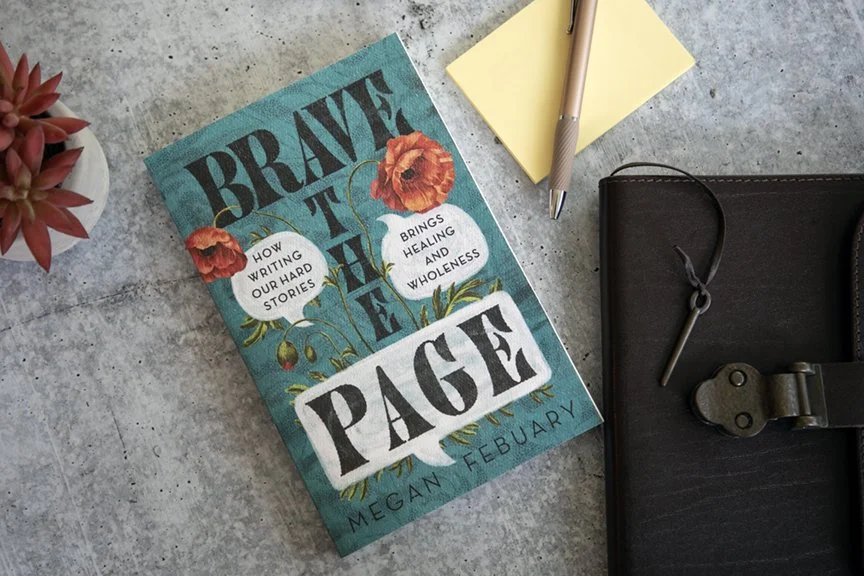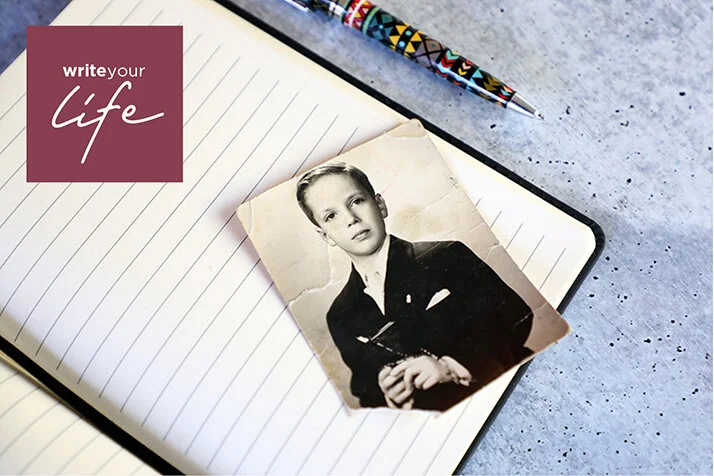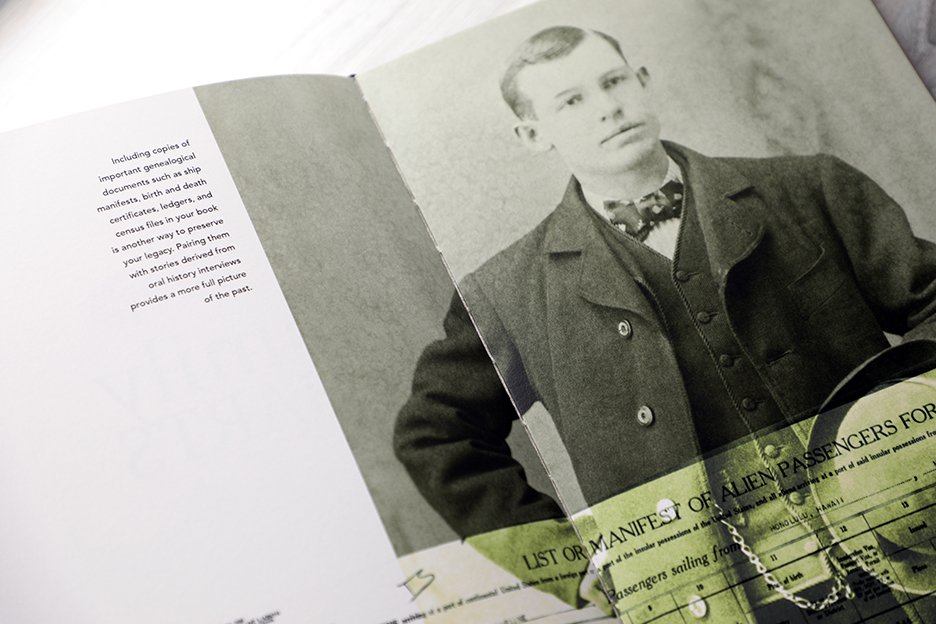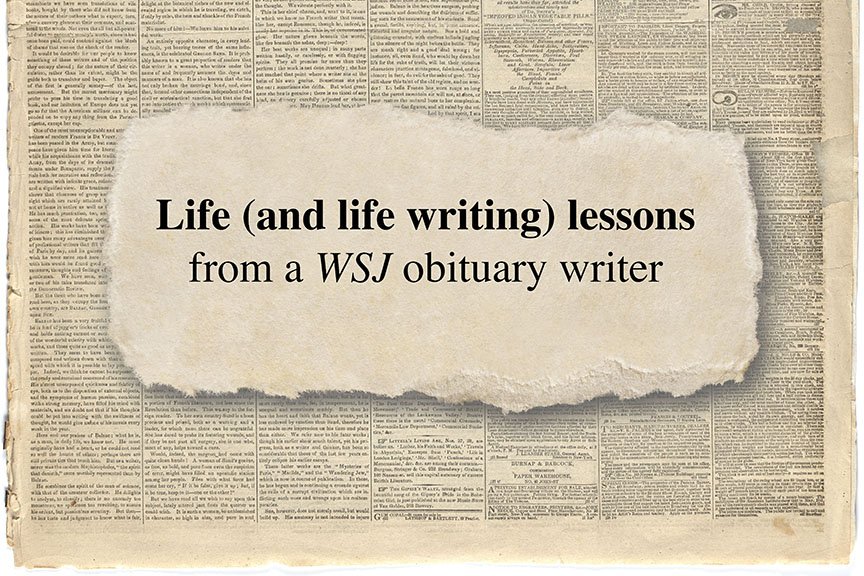“The messy middle”: Pushing through the toughest part of memoir writing

“The page is indifferent to us—no, worse. The page turns from us like a wounded lover. We will have to win it over, coax it out of hiding. Promise to do better next time. Apologize for our disregard. And then, we settle into the pattern that we know. Three pages. Two hours. A thousand words. We have wandered and now we are back.”
—Dani Shapiro, Still Writing
Every memoir begins with passion. You start off energized, eager to tell the story that’s been living inside you for so long. Words flow effortlessly as you sketch out the opening scenes, capture vivid memories, and feel your project beginning to take shape.
And then—somewhere in the middle—the energy fades. The structure starts feeling unwieldy, doubt creeps in, and the momentum you once had seems like a distant memory. The excitement that fueled your early writing sessions is replaced by a gnawing sense of obligation, or worse, dread (the prospect of writer’s block is dreadful, to be sure).
If you’ve found yourself in this “messy middle,” you’re not alone. Nearly every memoirist hits a point where pushing forward feels overwhelming. But the good news? There are ways to get past it. Here are three strategies to help you regain focus and finish what you started.
Go back to your original “why.”
When you began this project, something deep inside compelled you to start. Maybe you wanted to preserve family history, honor a loved one, or make sense of your own past. Whatever it was, reconnect with that original spark.
Go back to your early notes or journal entries. Re-read passages where your enthusiasm was strong. Remind yourself why this story matters—not just to you, but to the people who will one day read it. Your “why” is what will carry you through the hard parts.Find an Accountability Partner.
Writing is solitary work, but finishing a book doesn’t have to be. If your motivation is waning, find an accountability partner—someone who will check in on your progress, encourage you, and keep you from abandoning your project.
This could be a fellow writer, a trusted friend, or even a writing group. Set clear goals together, whether it’s a weekly word count or a deadline for finishing a section. You might even want to read just a sentence or two to a family member to get their take (and find some respite in connecting). Just knowing that someone else is expecting you to show up can be the push you need to keep going.Accept Imperfection and Keep Moving.
Perfectionism is one of the biggest culprits behind stalled writing projects. You might feel like your structure isn’t working, or your writing isn’t good enough, or that you need to go back and fix everything before moving forward. But getting stuck in endless revisions is a surefire way to stay stuck in the middle.
Instead, give yourself permission to write poorly. Drafts are meant to be messy. The important thing is to keep moving forward. Every single word brings you closer to the finish line.
Don’t be discouraged by this inevitable “messy middle”—embrace it, and push through. As memoirist Dani Shapiro says in the opening quote to this piece, you have wandered…but WILL find your way back.
Go beyond labels with this powerful memoir prompt: introduce yourself without name, job, or age. Includes writing tips and a free downloadable worksheet.
The three most common excuses I hear for not writing about your life “yet,” and how—and why—to overcome them. It’s not too soon for your memoir, I promise.
Discover how (and why) bending certain grammar rules in memoir and life story writing can enhance voice, rhythm, and authenticity in your storytelling.
Even the most seasoned writer sometimes feels hopeless when they sit down to write and nothing comes. Here, 7 helpful resources for budding memoirists.
Four steps to help you turn spoken stories into engaging written narratives—so once the family history interview is done, you can create a lasting legacy.
Brave the Page by trauma-informed writing coach Megan Febuary shares how to probe memories, write about your hard experiences, and find healing.
You start out with excitement and fervor—blank pages are feverishly filled with stories about your life. But what can you do when your memoir momentum wanes?
By holding as your goal the idea of ‘writing your memoir,’ you are focused too soon on the end goal. Instead, think about writing towards your memoir.
Are you nervous about undertaking a life story project? Working with a personal historian or memoir coach can help alleviate many of the most common fears.
Is there ever really a ‘right’ time to start writing your memoir? There’s not, in my opinion, but here are two questions to ask yourself to help you decide.
Writer’s block can happen to the best of us. This simple idea—keeping a notebook of self-generated writing prompts—will keep your memoir ideas flowing.
Looking for a meaningful gift for your parents? An annual subscription to our Write Your Life memory and writing prompts may be just the thing—or, maybe not.
Learn about our Write Your Life course, providing memory prompts, writing guidance and a dose of inspiration to anyone who wants to preserve their stories now.
Here’s one time I gave in to my client’s preferences that still haunts me: Why we did not identify people in any of the photos in their family history book.
While your memoir is telling your stories in your words, a family tree chart outlining your relationships has a real place in that book—here’s why.
The first draft of your life story is likely to include some stuff you decide to cut later—but should none of your challenges make it into your final book?
Good writing prompts will rid you of blank-page anxiety—and you can easily write your own! Here, 5 steps to drafting a library of personalized memoir prompts.
While a journal called “Memories from Mom” or “Grandma’s Life Story” may be brimming with good intentions, the fact is that most of them remain mostly blank.
While all five of these books add value to any memoirist or life writer’s library, I’ve identified which is best for you based on your goals and experience.
A love letter (or book!) overflowing with memories makes a thoughtful anniversary gift. Here, 14 writing prompts to help you honor—and surprise—your partner.
Wondering if 52 weeks of memory prompts will help YOU write about your life at last? Here, answers to the most commonly asked questions about Write Your Life.
Every week you’ll get themed prompts to stir your memories, tips to write your stories with ease, and more! A unique gift for your loved one (or yourself)!
Sometimes all it takes to get unstuck with your personal writing is paying attention. Here are some easy (fun) ways to come up with journal writing prompts.
Ready to edit your family history or life story book? Follow these three tips from a personal historian to ensure everything is clear for your descendants.
This new book by Ruta Sepetys, You: The Story, is a great tool for those who want to use their own life experiences to inform their fiction writing.
Have you ever thought about what will happen to your diaries—who will read them, how you may one day use them? Join me as I consider this profound question.
Photos that have no captions will leave readers of your heirloom book guessing. Make sure to write captions that either tell a story or provide vital details.
Smells (such as of Mom’s perfume or Grandpa’s grease-stained clothes) and sounds—especially music—can trigger long-buried memories helpful for writing memoir.
Why leave your legacy in the hands of someone else? Try your hand at writing your own obituary with these tips—it just may be the start of your mini memoir.




























Stay inspired with 52 weekly writing prompts for journaling and family history. Capture memories, dreams, and stories big and small. Bonus: Downloadable guide!